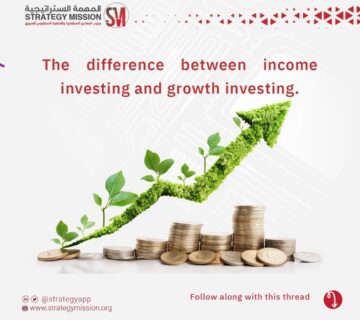What are the importance and benefits of water consumption auditing
With today’s environmental challenges, attention is growing on the importance of scrutinizing water consumption, especially in large enterprises. So why is it important?
Industries: Factories are the largest consumers of water. Audit helps in:
– Identifying opportunities to reduce water consumption.
– Improving the efficiency of industrial processes.
– Reduce cost and increase profitability.
Hotels and hospitality facilities: These facilities can benefit from:
– Reduce water consumption in utilities.
– Provision of water bills.
– Enhancing its reputation as environmentally friendly enterprises.
- Medical facilities:
– Ensure the effectiveness of sterilization and washing processes.
– Protecting patients from potential risks.
– Reduce consumption and cost.
- Farms: With climatic fluctuations, it becomes necessary:
– Identify optimal methods of irrigation.
– Ensure good harvesting while reducing water consumption.
Public benefits: Scrutinizing water consumption leads to cost savings, protecting natural resources and promoting sustainability, and contributes to building a positive reputation among societies through environmental responsibility.
In conclusion, checking water consumption is not only an assessment process, but a real investment in the future and promoting sustainability.
To request ISO 14001 Environmental Management Rehabilitation Services:
https://www.strategymission.org/en/request-services/
Water consumption audit aims to examine and evaluate how water is used within the facility and look for opportunities to improve efficiency and reduce loss. The main outputs of this audit are:
- Accurate water consumption report: provides a clear picture of the amount of water consumed in the facility and determines peak consumption times.
- Identification of loss: Audit reveals potential losses, whether as a result of leakage or ineffective uses.
- Assess the efficiency of devices and equipment: know which devices consume water in large quantities and if there is a need to upgrade or replace them.
- Discover opportunities to improve water efficiency: Through scrutiny, it can identify places that can be improved to reduce water consumption.
- Specific recommendations for reducing water consumption: Based on the results, concrete recommendations are made to improve water consumption efficiency.
- Estimate potential financial savings: By implementing the proposed recommendations, the amount that may be saved can be estimated in water bills.
- Sustainable water management strategy: guiding the enterprise towards sustainable water use and conservation policies and practices.
- Increasing environmental awareness: audit results increase staff and stakeholders’ awareness of the importance of water and how to consume it efficiently.
- Assess the risks associated with supply: In drought areas or where water is scarce, scrutiny can highlight the risks associated with water availability and how to overcome it.
These outputs help enterprises improve water efficiency, reduce costs, and promote their sustainable practices.





No comment